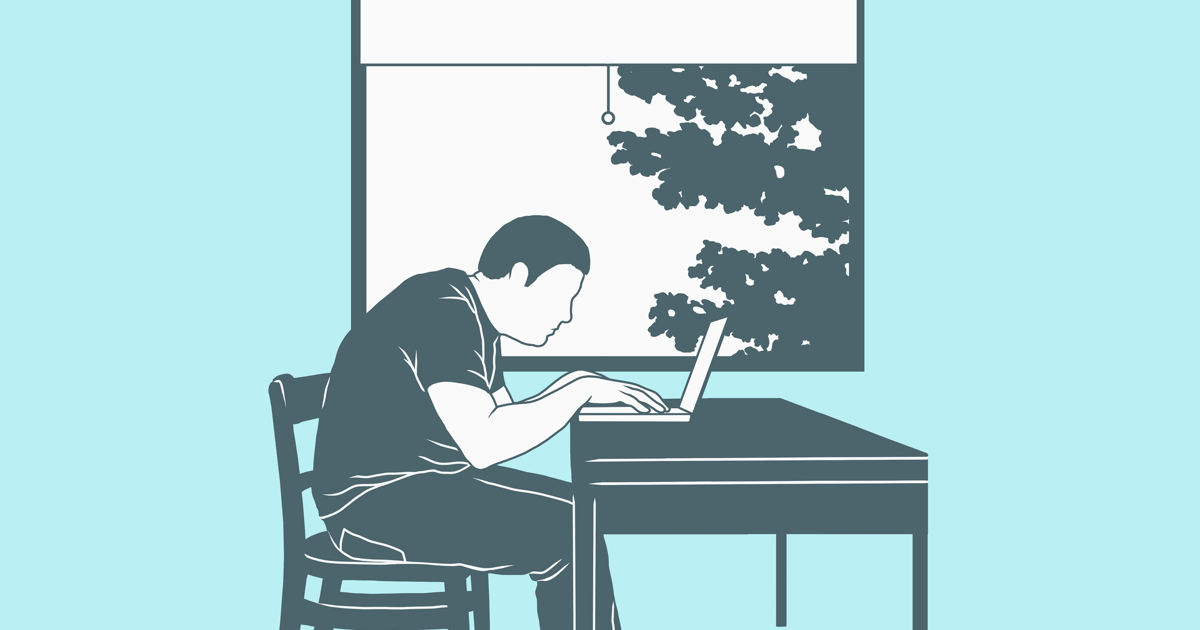Freelancer findings
Freelancing has always had a place in the advertising industry, one which has seemingly expanded since the onset of the coronavirus pandemic. Joel Meadows talks to some recent and long time freelancers about their reasons for taking the plunge.
The world of advertising has always cultivated a healthy number of freelancers.
There are many reasons as to why people decide to take the plunge and leave the comfort of a steady, regular job. Going freelance is challenging in the healthiest of environments, but 2020 was one of the toughest years in modern memory for the whole world, never mind the advertising industry.
If more people are going freelance, then I expect that is because they are being forced to.
Steve Davies, CEO of the Advertising Producers Association in London, sees the increase in people going freelance as a corollary of the current industry situation: “If more people are going freelance, then I expect that is because they are being forced to,” Davies says. “It’s probably an agency trend - they made lots of people redundant - but production companies didn’t, as they already have a very small core of employees that are the company in effect and engage freelancers for everything else.”
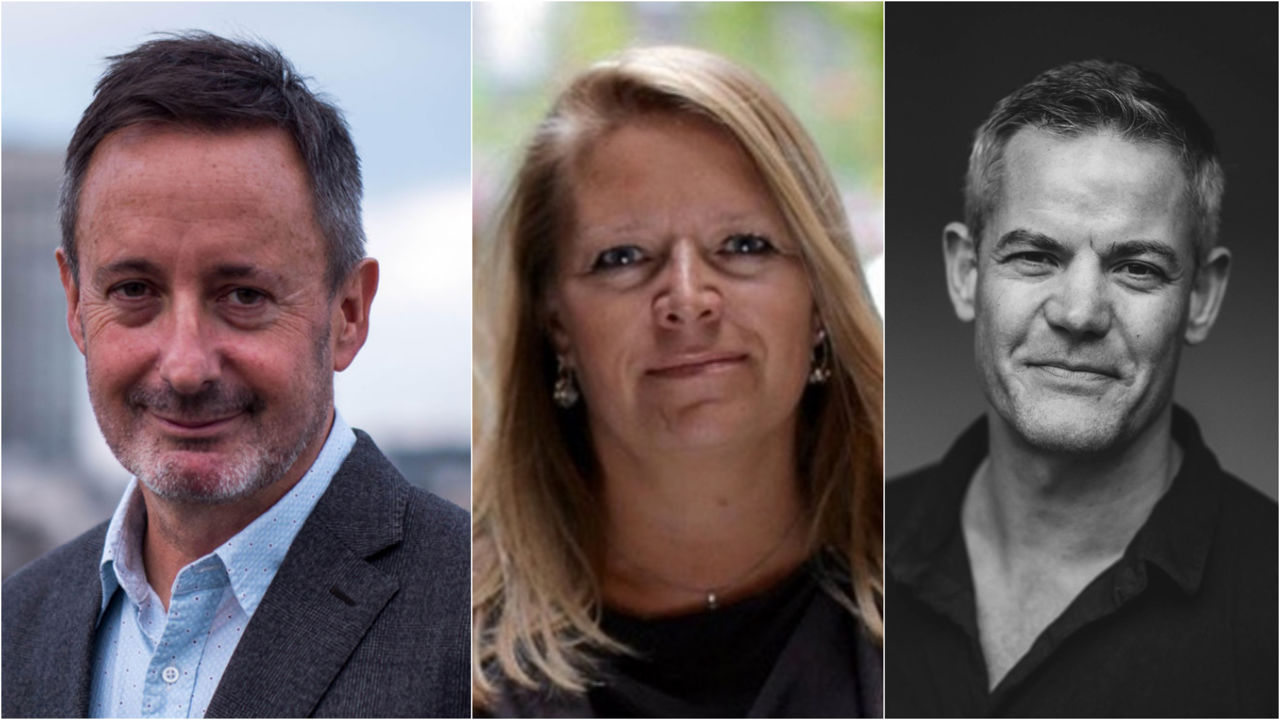
Above [left to right]: Steve Davies, Nicky Flemming and Ewan MacLeod.
Ewan MacLeod, Executive VFX Producer at Ewanme, a company which offers a pool of freelance global VFX talent, sees quite a few advantages for going freelance. “People can choose to turn freelance for a number of reasons,” he says. “For artists who have been working years at a post house, they have done their time at the coalface, working long hours, and want to readdress their work/life balance. Going freelance as an online VFX artist or colourist is now possible as the hardware and software is now financially and physically accessible.
“Before, facilities were the only place to operate such equipment, so freelancing wasn't really an option," he continues. "Historically, being a freelancer was (and still is) working behind the scenes to support post houses when the full-time team needed additional support. They were not regarded as 'A-list' talent and not connected directly to clients. And [some go freelance] for the variety of work. [It] allows them to pick and choose the projects to work on.”
[Freelancing] gives me the freedom to work in more than one industry across a variety of projects.
For creative director and writer Anna Arnell, it was this final reason that made her decide to make the leap. “I love to write, and I don’t want it to stop at advertising,” says the former Creative Partner at And Rising. “I want to write TV series, and movies, and novels. I want to create worlds and characters that make people howl with laughter or bawl salty tears. I’ve always tried to do this with advertising, and now I want to tell longer stories. [Freelancing] gives me the freedom to work in more than one industry across a variety of projects.”
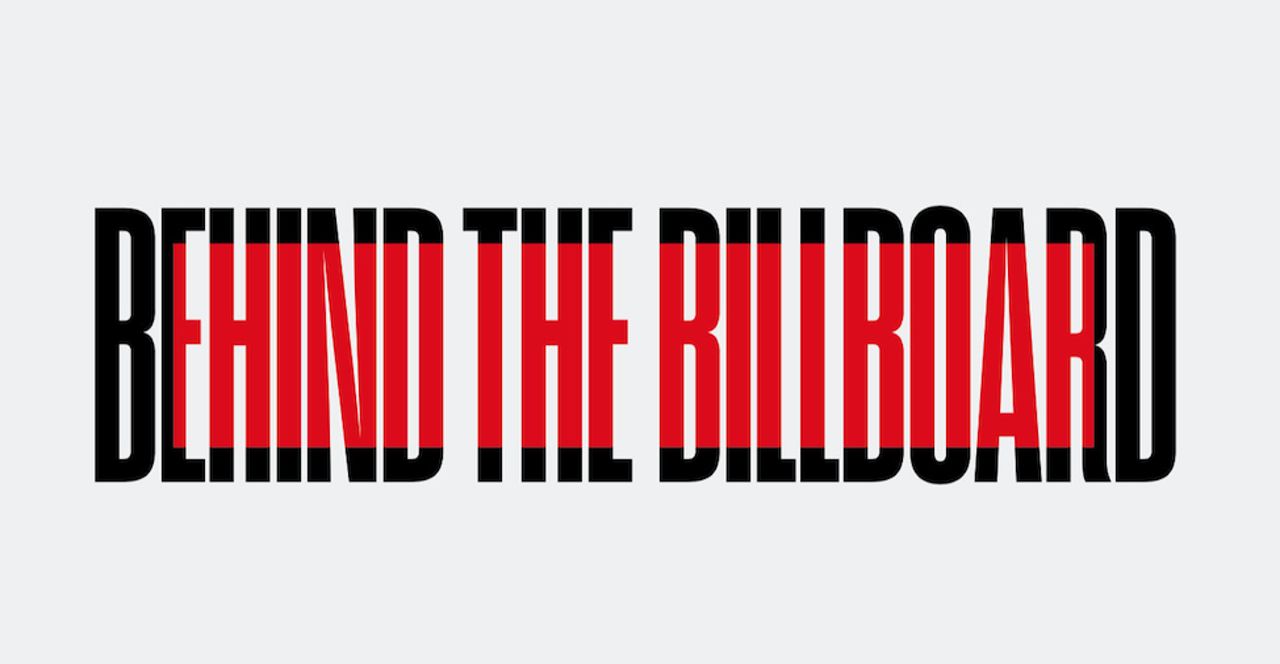
Above: Hugh Todd decided to go freelance to pursue opportunities, such as his podcast, Behind the Billboard.
For Arnell, working as a full-time employee gave her a raft of transferable experience. “I was ECD/Creative Partner for nearly five years, which gave me a whole wealth of skills. You learn so much running an agency and, as a freelancer, you can distill that wealth of experience into the one or two projects you are looking after. You still need to lead and inspire a team. You still have to bring the client on the journey. You still have to deliver the best possible work.”
I resigned from my job last March because I wanted to pursue other projects. It always sounds a cliché, but for me at least, it was true.
Others, such as Hugh Todd, who has worked as a writer and a Creative Director at places like Saatchi & Saatchi and Leo Burnett, felt compelled to go freelance. “I didn’t really choose to go freelance” he says. “I resigned from my job last March because I wanted to pursue other projects. It always sounds a cliché, but for me at least, it was true. I wanted to develop my Behind the Billboard podcast alongside pod partner Dan Dawson. I also wanted to try my hand at writing fiction. I did a short story writing course in between jobs a while back and always wanted to do more.”
Todd found the switch to freelance to be something which was very satisfying for him on a creative level. “Although neither of these projects pay money, they are fantastically liberating and challenging,” he says. “They force me to write (and talk!) in new ways, which is great. That in turn gives me a more rounded approach when I do freelance work.”
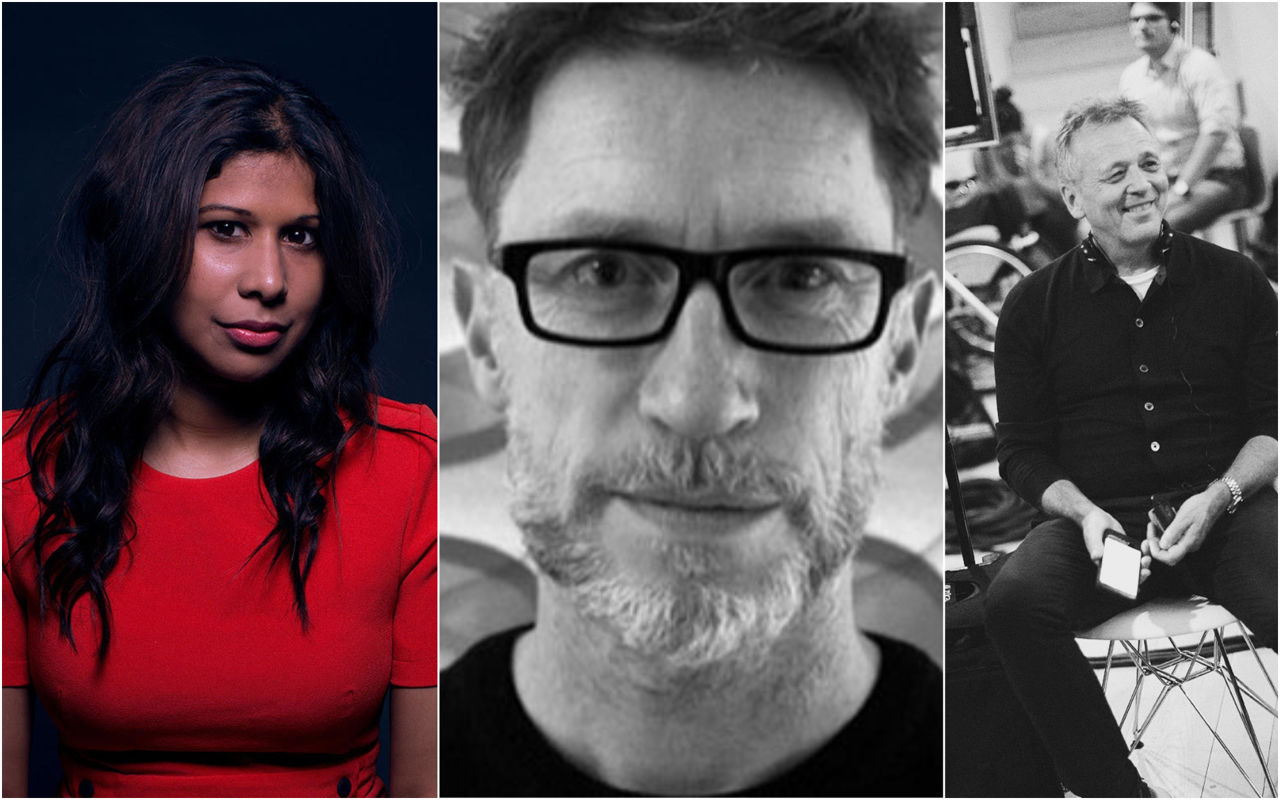
Above [left to right]: Anna Arnell, Hugh Todd and Toby Courlander.
Other people came from the world of freelancing and just fell into a full-time job before reverting back, as producer Toby Courlander explains. “I started out as a freelancer, so when my days running companies came to an end, it was a natural decision to go fully freelance again.” For Courlander, if you are a producer, he doesn’t see a radical difference between being on staff or being freelance. “I’m not sure there are any differences between the way an in-house producer and a freelance producer work, as the job is exactly the same,” he says. “All in-house production experience is transferable. Respecting how difficult it is to run a production company, and the need to respect [a company’s] working principles would be one thing I’d say is transferable to the freelance world.”
There is no doubt that last year was one of the most challenging for our industry but I, as well as many others, have seen this as an opportunity to think outside the box.
Nicky Flemming, formerly Executive Producer at Archer’s Mark and MD of Another Film Company, saw 2020 as a year for opportunities, despite all of its challenges: “There is no doubt that last year was one of the most challenging for our industry,” she says, “but I, as well as many others, have seen this as an opportunity to think outside the box, to create a service to our industry that we believe to be useful and informative. I believe this is the time to be more opportunistic and seize the moment.
"The coronavirus has made the traditional way of working tricky for many companies. My job is to tell and inform agencies about directing, editing talent and services. This used to be mainly face-to-face meetings and presentations but is now restricted to calls and Zooms and emails. It’s incredibly impersonal, so this is where my 20+ years of working comes in. I have already established relationships with people and companies and rely on that more than ever. I don’t envy the youngsters starting out building relationships like I had to all those years ago.”
Courlander, too, has had to adapt to the new environment, which he sees as having its pros and cons. “Back in March, it was like the world was collapsing around me. Jobs got cancelled, others got put on hold but, more importantly, my friends and family all suffered; health-wise, financially, socially, and mentally.
It seems likely that the number of freelancers will continue to grow.
“My first job back was in June, in Poland, and the real challenge was how to operate in what I’d call a Covid-safe environment. I’d done the courses, I’d studied as much as I could, but now I had to take charge of a live situation and that was quite daunting as there was no absolute right and no absolute wrong. But I’m lucky. I work for fantastic, supportive production companies, my directors are understanding, and the agencies I’ve been working with have been equally committed to crew and cast safety."
2020 has ended but there will be more challenges to come in the year ahead. Despite the constant changes still taking place, and regardless of the difficulties of adapting to working from home and away from face to face group interactions, it seems likely that the number of freelancers will continue to grow.
)

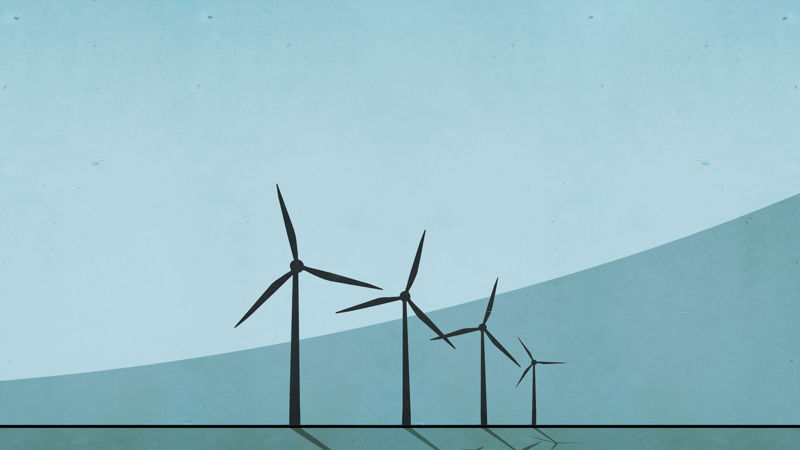


 + membership
+ membership







